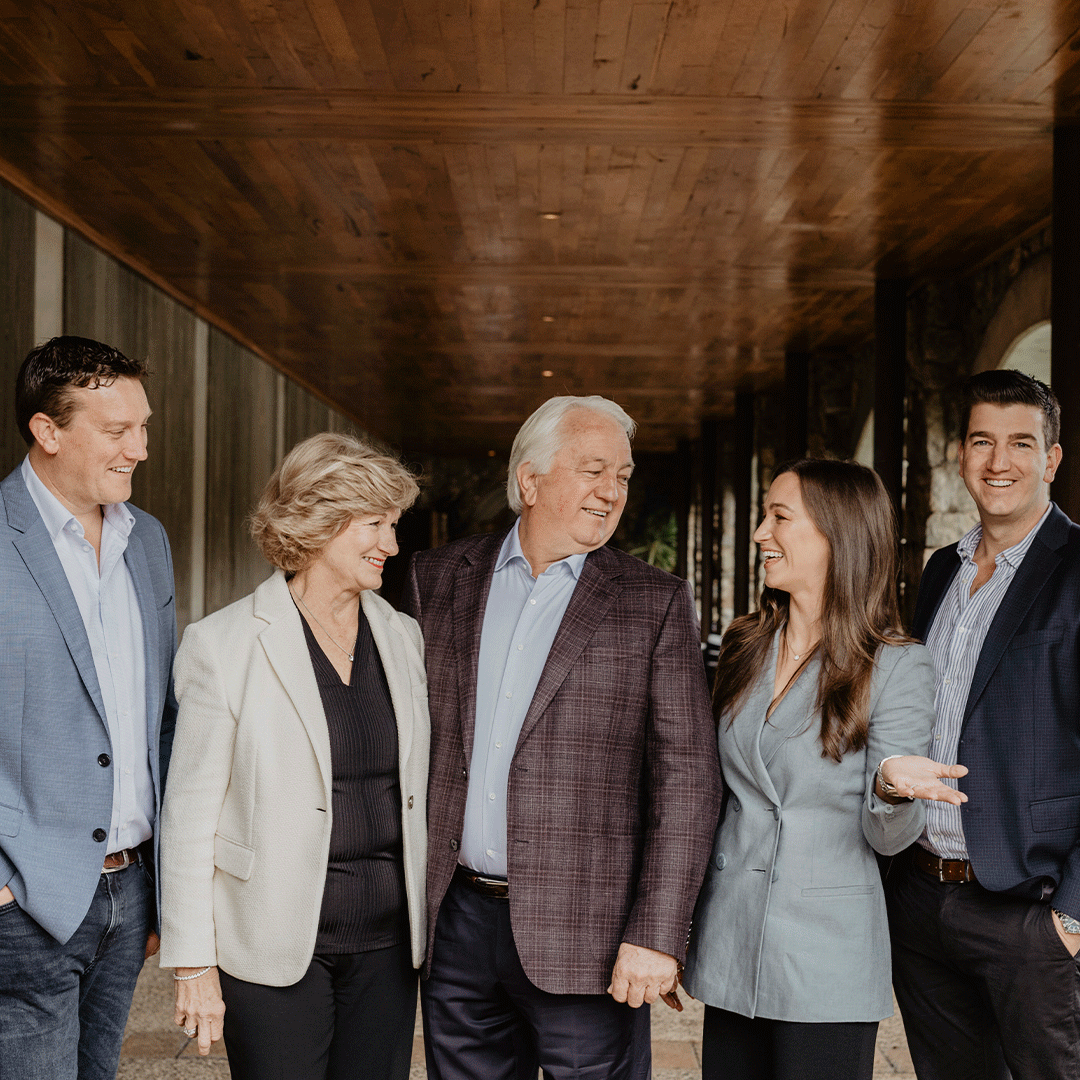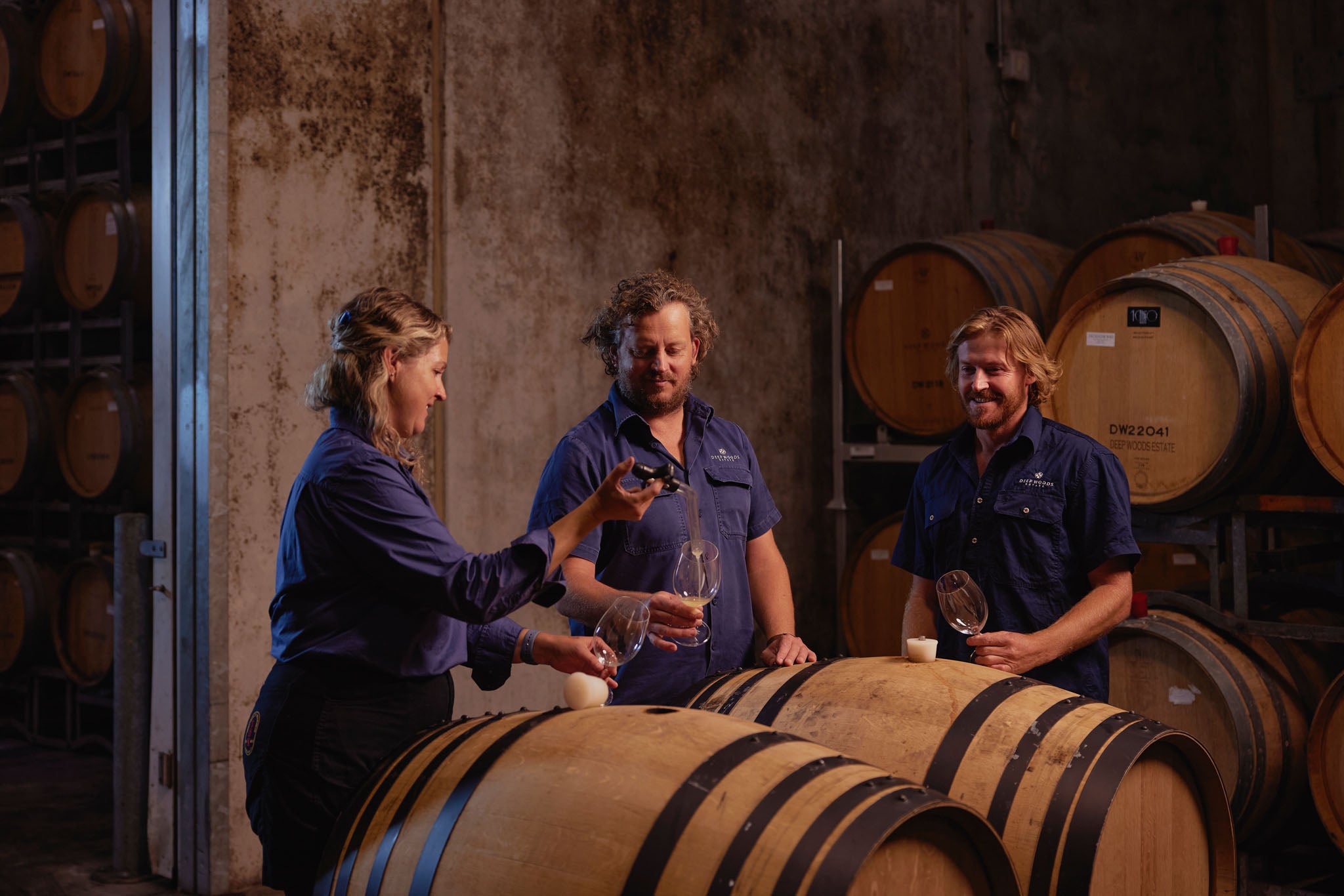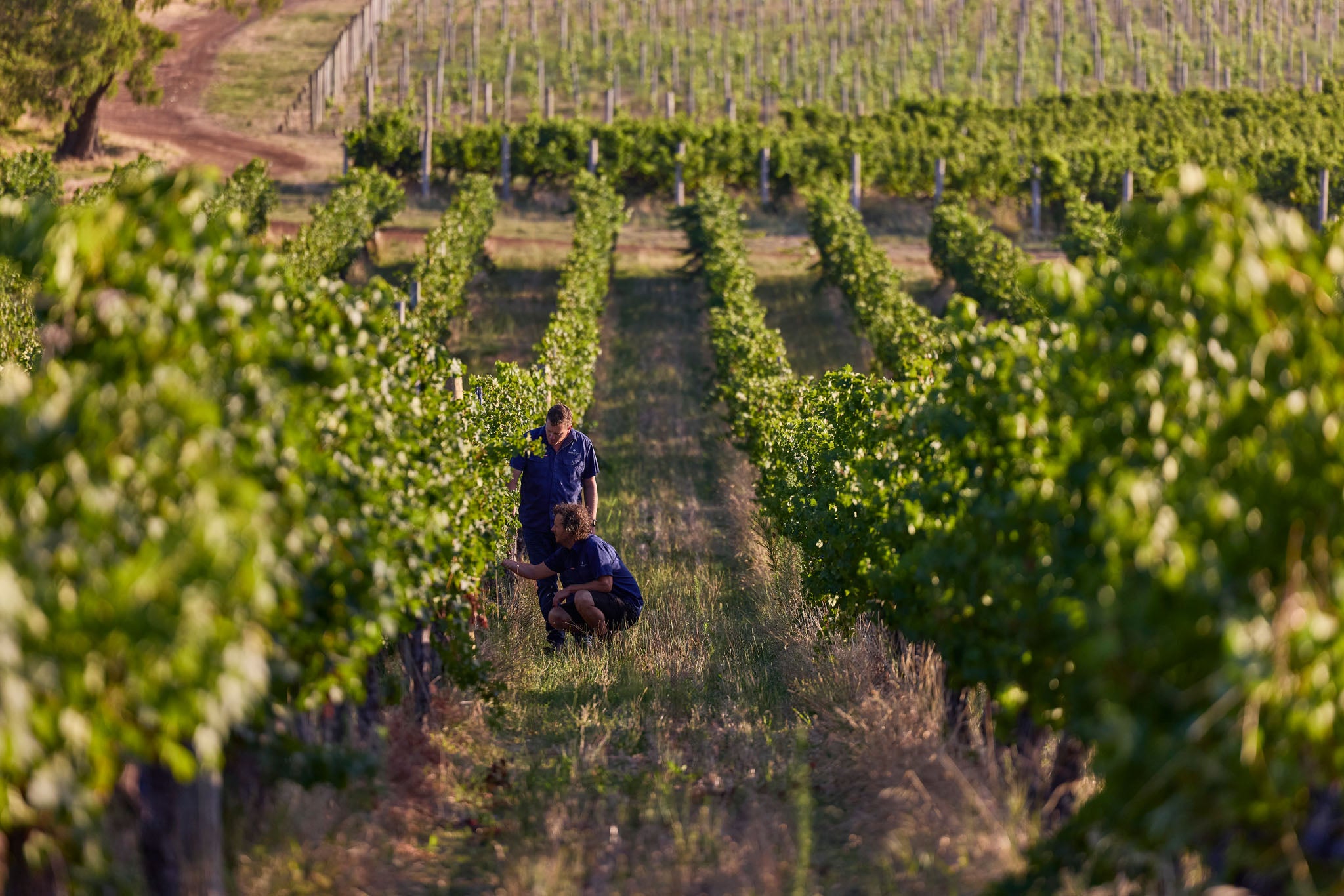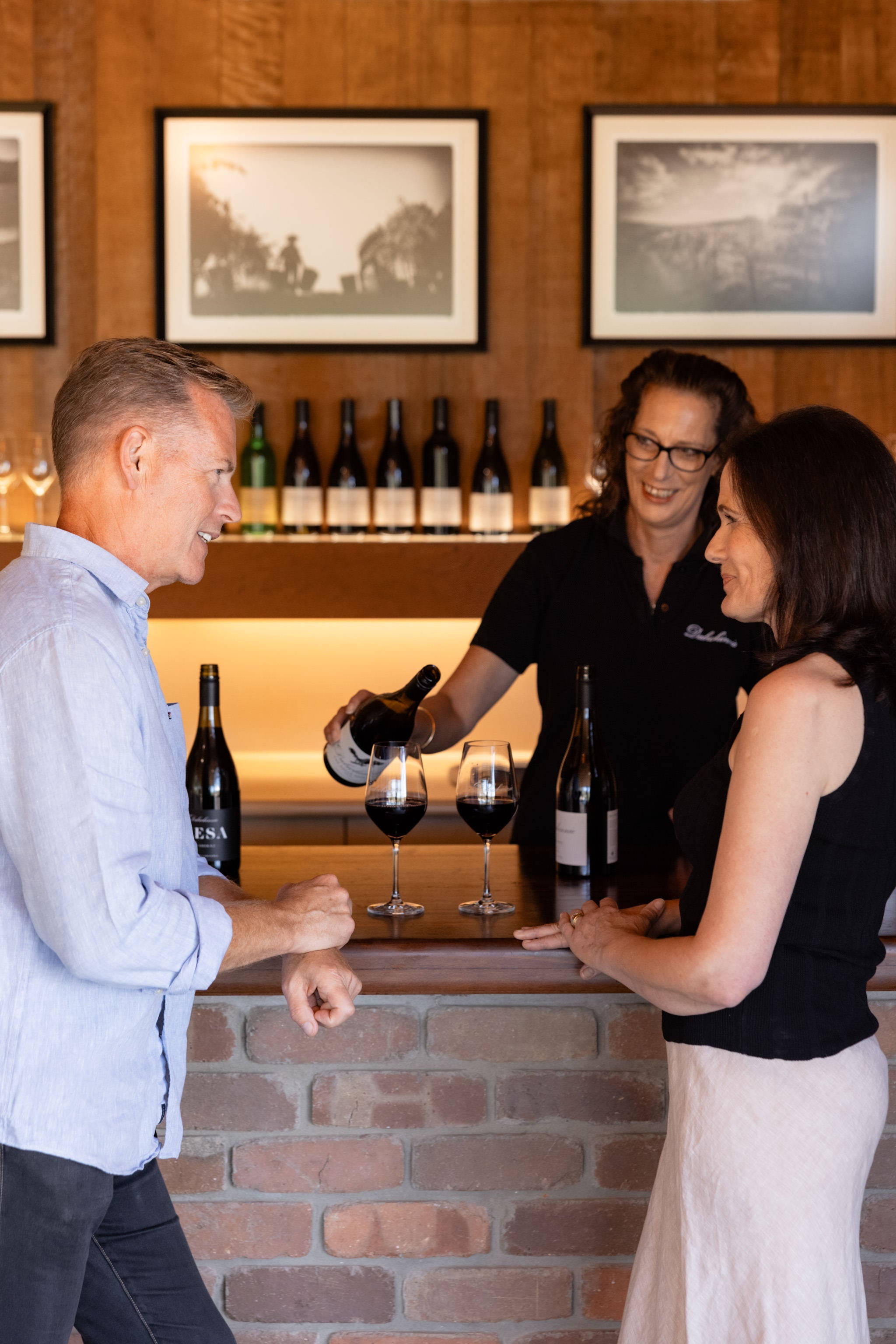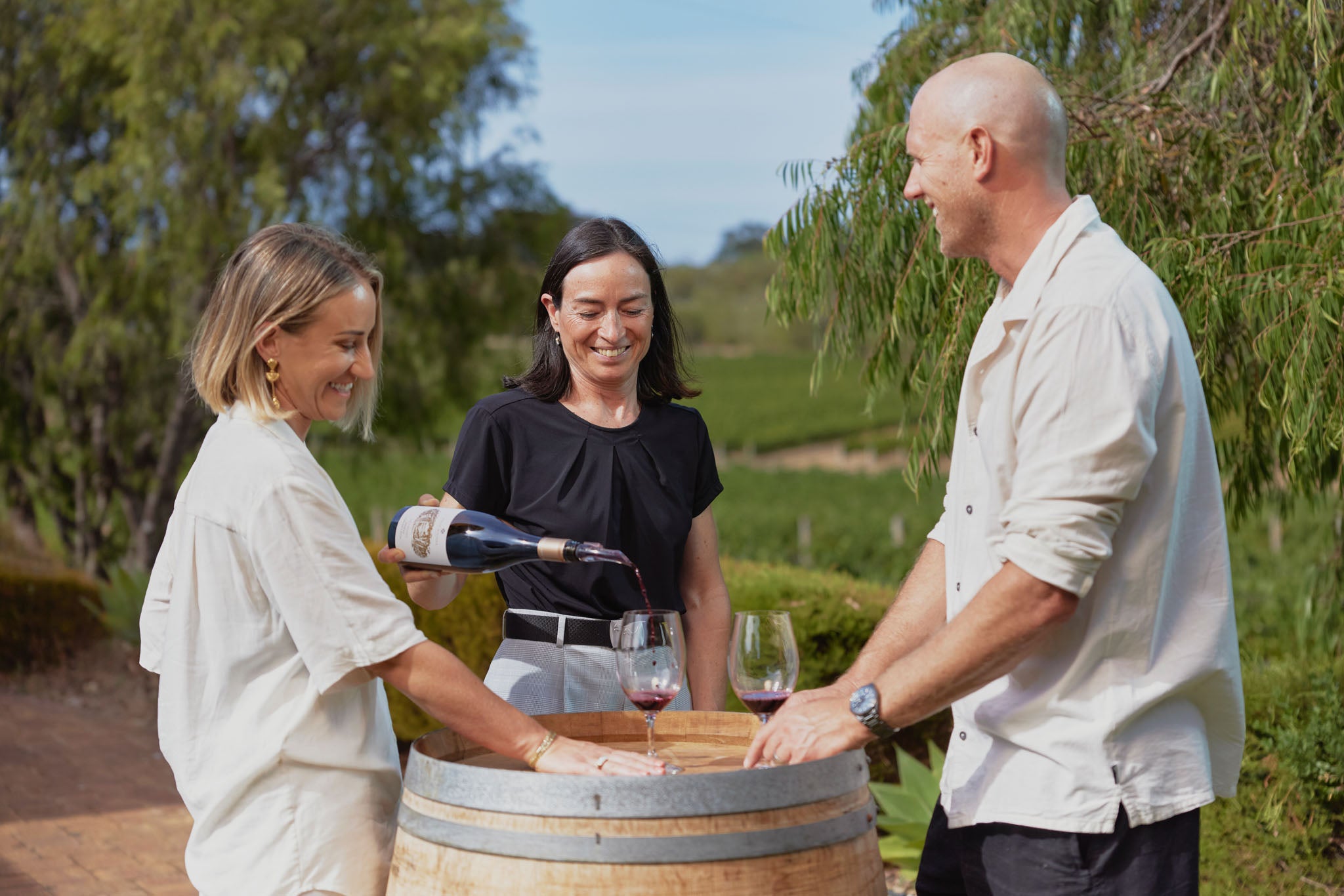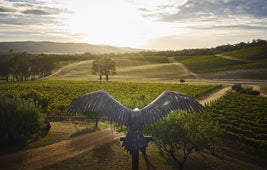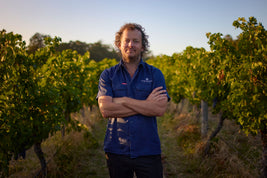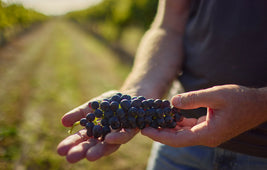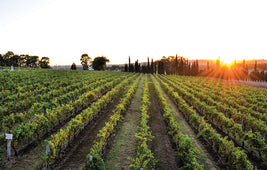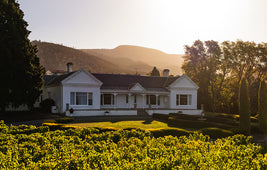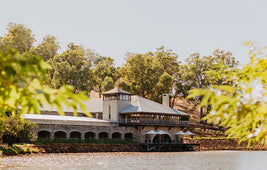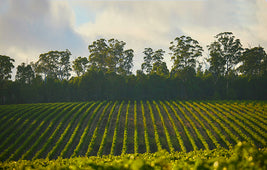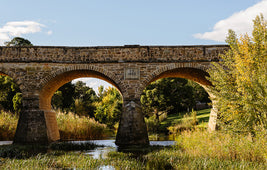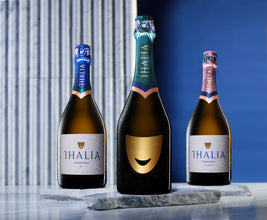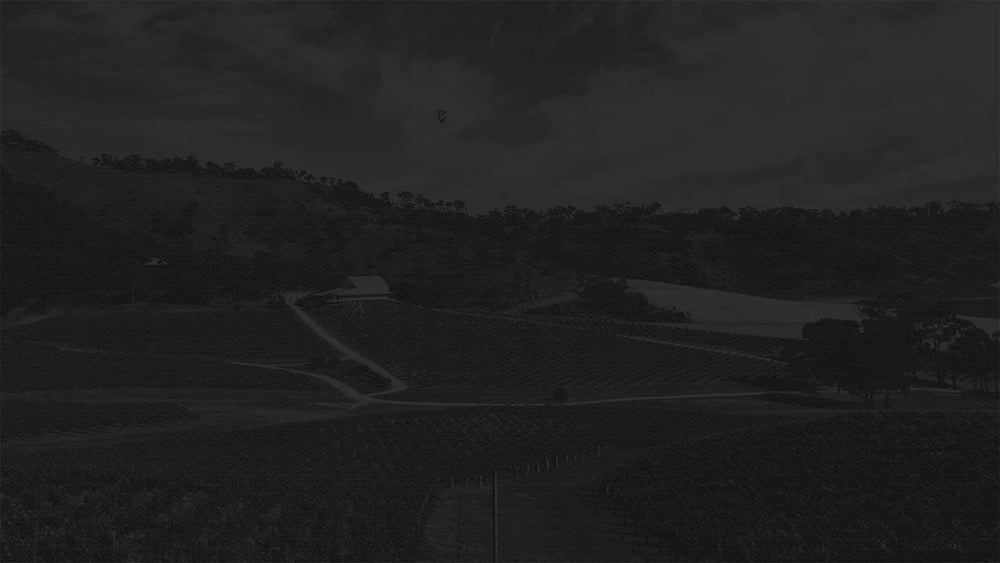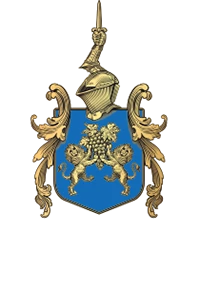Sustainability
As the custodian of land in winegrowing regions across Australia and a producer of premium quality wines, we are committed to continuously improving our environmental sustainability.
MEMBERSHIPS & CERTIFICATION
Sustainable Winegrowing Australia (SWA)
We are a member of SWA and report annually on our sustainable packaging progress and are rated on our achievements. Deep Woods Estate and Margaret River Vintners are certified members of the SWA. SWA is national program for grapegrowers and winemakers to demonstrate and continuously improve their sustainability in the vineyard and winery through the environmental, social and economic aspects of their businesses.
The program takes a holistic approach to managing, supporting and promoting sustainability. It is administered by the Australian Wine Research Institute with governance, endorsement and active support from Australian Grape & Wine and Wine Australia. These three organisations form a joint steering committee to oversee the program, with agreed activities set out in an Annual Operating Plan. SWA is modelled on global best practices and aligned to the United Nations Sustainable Development Goals, with progress towards these monitored annually.
We are on track for all of our Western Australian vineyards to be certified by the end of 2024.
Australian Packaging Covenant (APCO)
Deep Woods Estate is a member of APCO which collaborates to keep packaging materials out of landfill and retains the maximum value of the materials, energy and labour within the local economy. It works with governments, businesses and other organisations from across Australia’s large and complex packaging value chain to develop the insights, resources and programs that are needed to build a sustainable national packaging ecosystem. APCO aims to include facilitating the delivery of Australia’s 2025 National Packaging Targets, an important step on the pathway to a circular economy.
View our annual report and action plan here.
BRCGS Certification
Deep Woods Estate has met the rigorous criteria to achieve BRCGS Food Standard (British Retail Consortium) certification. BRC is considered to be the highest level of Food Safety and Quality Standards globally. Deep Woods Estate has achieved the highest AA rating in the production of still wine - the only winery in Western Australia to have achieved this accreditation and a testament to our quality statement.
ENERGY EFFICIENCY
Our two main processing sites – in Western Australia and Tasmania – and our winery in the Hunter Valley, New South Wales, have installed an array of solar panels to increase the contribution of renewable energy to our energy mix.
VITICULTURE
Cover crops are used in vineyard mid rows to assist in vine vigour control; to increase nitrogen component in the soil; and provide mulch and encourage the presence of beneficial microbes and insects in the vines.
Investment has been made in more fuel-efficient and lower-emission farm equipment, and in irrigation technology to optimise water usage in our vineyards.
WASTE AND POLLUTION
All grape marc is recycled offsite for use as compost to increase the organic matter in the soil and act as a mulch for weed suppression.
Treated winery wastewater is used to irrigate adjacent pastures, wood lots and orchards.
We report annually on emissions as part of the National Pollutant Inventory with consistently satisfactory performance against the standards.
SUSTAINABLE FOOD WASTE
We grow all of our own fruit, vegetables and other produce at our Millbrook Restaurant. We work with organic practices, including growing vegetables from saved seeds; and a no waste, sustainable food ethos so that food waste is not going into landfill.
SUSTAINABILITY INITIATIVES
Friends of the Cape to Cape Track
We are friends of the Cape to Cape Track. Our team in Margaret River have elected to 'adopt' a section of this world-renowned trail. The team carries out basic maintenance such as light pruning, replacing posts and markers, minor erosion control, bush rehabilitation and litter collection. They also watch out for and report any major problems that may occur.
Protecting the ecology of the southwest
Situated within the boundaries of the Margaret River Vintners (MRV) site and adjacent to the winery is an ecological community known as the Busselton Ironstone Community, which has been listed as a critically endangered shrubland area.
The team at MRV are tackling the removal of the invasive Sydney Golden Wattle (Acacia longifolia). This introduced species can spread vigorously and outcompete the endangered native trees and shrubs. At the end of 2023, the team spent a full day removing the invasive wattle, as well as a ute-load of old metal and glass! This initiative will be part of an ongoing project to protect the unique ecology of the southwest.


